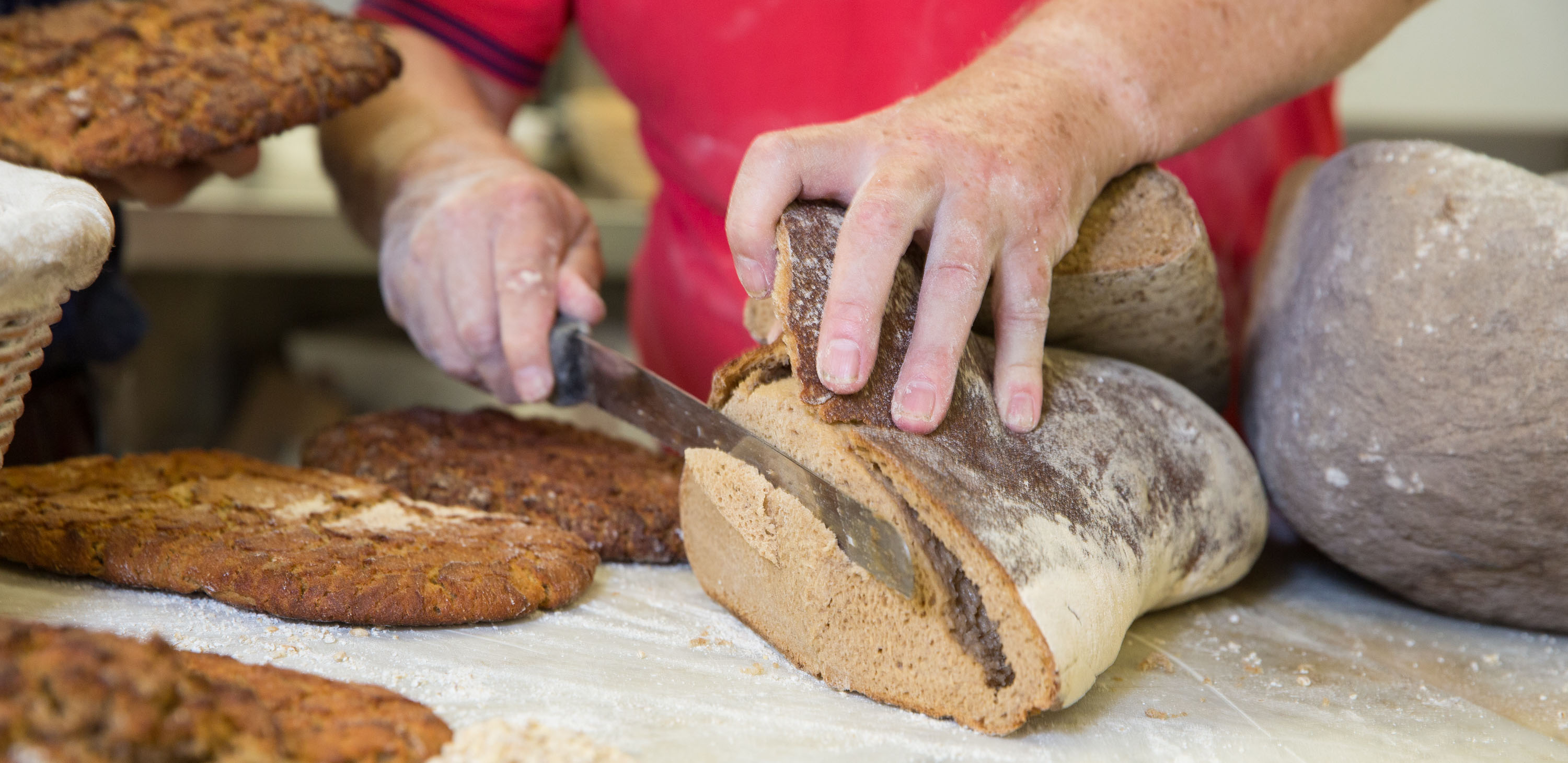UCC archaeologists unravel enigma of Ireland’s Iron Age diet

A UCC-led project, the first of its kind of Ireland, has witnessed a team of international archaeologists unearthing evidence of the food people ate in the southeast of Ireland during the Iron Age.
The findings unearthed from excavations, from animal bones to seeds, reveal the food grown and cooked in Ireland over 2000 years ago and have now led to its experimental reconstructions of Iron Age cuisine.
Coming up, find out what our ancestors ate during the Iron Age- as uncovered by researchers at UCC
— RTÉ News at One (@RTENewsAtOne) August 16, 2016
Culinary insights into Iron Age life in southeast https://t.co/Qg43jiUgqd
— RTÉ Science & Tech (@RTEScienceTech) August 16, 2016
“We have identified evidence of settlement, as well as arable and pastoral agriculture, indicating that communities were thriving in the southeast of Ireland. The apparent lack of archaeological sites dating had previously created mystery around this period,” said Dr Katharina Becker, Lecturer, Archaeology, UCC.
New study reveals what Iron Age Irish ate 2,500 years ago https://t.co/Mufw6lTUc4 pic.twitter.com/MLLp3SMV3V
— IrishCentral (@IrishCentral) August 22, 2016
“The animal bones and seeds recovered from road and gas pipeline excavations provide direct evidence of farming practises and the diet during the Iron Age, dating as far back as 2700 years ago. Cattle and pigs provided dairy and meat, barley was a staple, and we also have evidence of a variety of wheats, including spelt, emmer and naked wheat.”
The Heritage Council-funded Settlement and Landscape in Later Prehistoric Ireland – Seeing Beyond the Site project has been compiling information recovered from archaeological excavations carried out in the southeast region of Ireland during the ‘Celtic Tiger’ and more recently.
To carry out the investigations UCC’s specialists in Later Prehistoric archaeology and palaeoecology joined forces with Transport Infrastructure Ireland, which is financially supporting the project, and an international research team comprised of specialists from Bradford University, Warwick University, York University, UCD and DCU, as well as Dr Ellen O’Carroll, Mary Dillon and TVAS Archaeology Limited.
Iron Age diet: new study unearths what the Irish ate 2,500 years ago https://t.co/R1RHjL1ial pic.twitter.com/7cumKKTg9C
— Irish Archaeology (@irarchaeology) August 16, 2016
RT @UCC: Iron Age diet: new UCC-led study unearths what we ate 2,500 years ago https://t.co/ONKg25id7a via @IrishTimesCultr
— British Mensa (@BritishMensa) August 16, 2016
Applying cutting edge modelling techniques, data is being examined against the evidence from the study of pollen records preserved in lakes and bogs in the southeast of Ireland. It has long been assumed that no such records survived in this region due to agriculture and peat cutting. However, the team has recovered a core from a lake that stretches right back to the end of the last Ice Age, some 11,000 years ago.
“The analysis of lake sediments which have accumulated over thousands of years allows us to identify the actual pollen grains from the plants that people were cultivating during prehistory. We can date these sequences using radiocarbon dating and compare them to the archaeological evidence of settlement and agriculture,” said Dr Ben Gearey, Lecturer, Archaeology, UCC.
#MostRead today: The Irish Iron Age diet has been discovered in the south-east https://t.co/A2k7RS0GrI
— SiliconRepublic (@siliconrepublic) August 16, 2016
The team has joined up with artisan baker Declan Ryan of Cork’s Arbutus Bread and experts from the Cork Butter Museum and Cork Public Museum to investigate and recreate how farmers turned raw ingredients into delicious meals during Ireland’s Celtic era.
Recipes used will be based on the range of charred grains and seeds that represent the remains of the actual foodstuffs grown by prehistoric peoples and preserved in the soil for over two millennia.
UCC archaeologists unravel Ireland’s Iron Age diet | Irish Examiner https://t.co/t7RJCIMNJR #archaeology #ArchaeologyIreland
— Charles Mount (@cmount1) August 17, 2016
The results of bread-making experiments with barley, a lower-gluten cereal that does not offer an easy rise, and butter-making with traditional methods, will be made public in an Open Day at Cork Public Museum on August 20 during Heritage Week, which will offer an opportunity to sample the Iron Age diet. Visitors to the family-friendly event will experience first-hand the painstaking procedure of processing grains and making butter with traditional, prehistoric methods.
Archaeologists uncover what Irish people ate over 2,000 years ago: https://t.co/psTDSKL7wR pic.twitter.com/FOu4v535Fu
— Newstalk (@NewstalkFM) August 17, 2016
Roll up, roll up for chance to eat 3,000 year-old bread https://t.co/5ObbsaCG4F (GM) pic.twitter.com/tpa78JNZoW
— Irish Examiner (@irishexaminer) August 17, 2016
The methods archaeologists use to analyse cereal grains and animal bones found on archaeological digs and pollen records in order to reconstruct landscapes will be explored in hands-on sessions.
Irish archaeologists have found out what we ate 2700 years ago https://t.co/EkskeAcBA2
— Irish Daily Mirror (@IrishMirror) August 16, 2016
Experts recreate the food eaten in Iron age https://t.co/jh26K0J5t6 pic.twitter.com/TZ50pW6BUR
— Evening Echo (@CorkEveningEcho) August 17, 2016
UCC archaeologists unravel enigma of Ireland’s Iron Age diet: https://t.co/iIok9oGiqG via @theirishworld Photo: @TomasTyner
— UCC Ireland (@UCC) August 16, 2016
“We want to give the public the opportunity to see for themselves how archaeologists and environmental specialists connect and make sense of the minute pieces of evidence found on archaeological sites to reconstruct the stories of people’s lives,” added Dr Becker.
